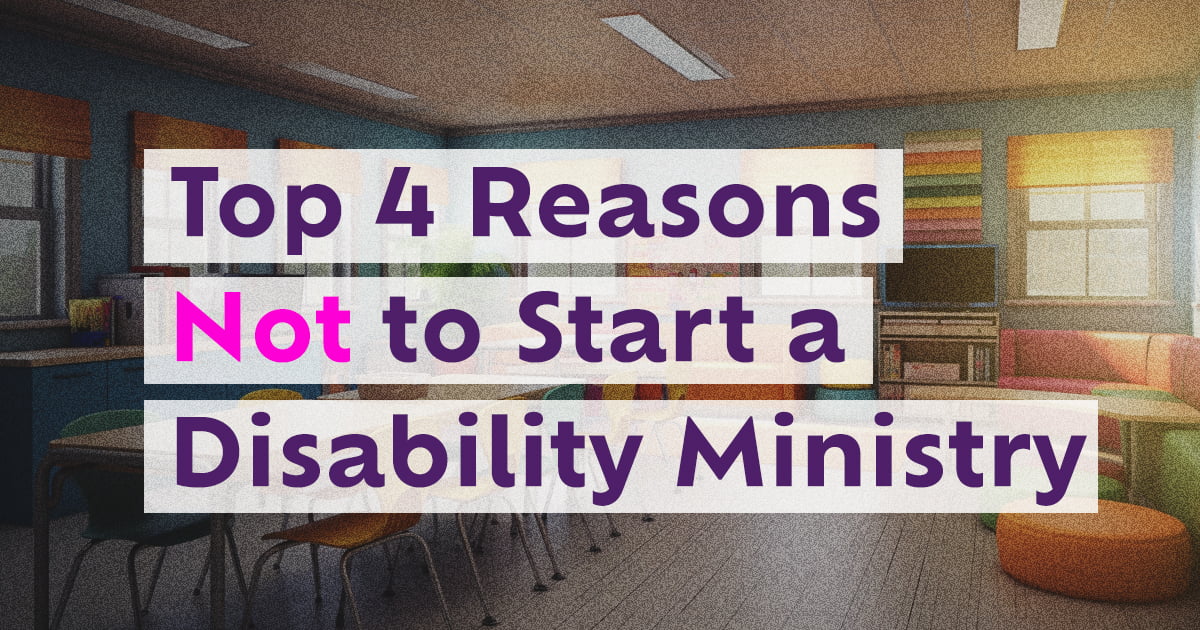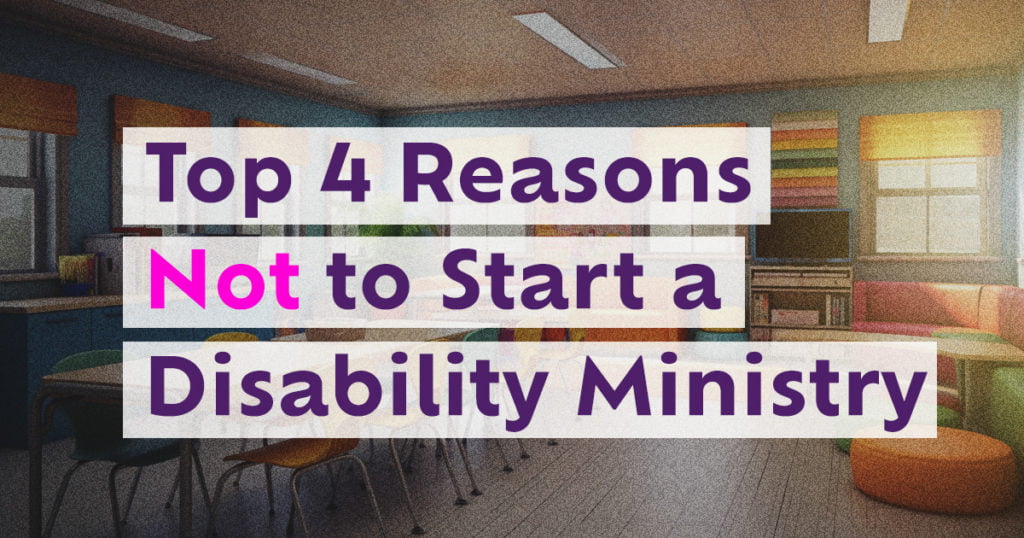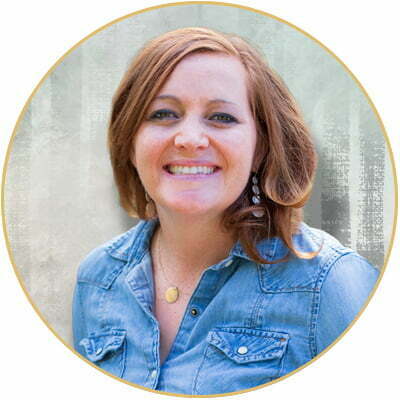

It’s a long story, but one day my friend and I got kicked off a bus in New York, with about a dozen other people, and walked aimlessly for hours until we reached our destination. We had never been to New York before, so when we were quite literally kicked to the curb, we found ourselves with no map, little money, not yet living in the era of smartphones, and zero knowledge of what surrounded us. Due to our lack of perspective and understanding, my friend and I had no way of knowing that we had gone way, way off course attempting to find our way from Point A to Point B that day. Miracle of miracles we eventually made it back to where we needed to be, but we took unending wrong turns in the process. We didn’t know what we didn’t know and we didn’t know that we didn’t know it until we knew it.
Confusing? Yes. Common? Also yes.
Many times we approach ministry this same way. We may think we know what we are doing, but suddenly, we discover that we are far off the mark because of our ignorance. If you or your church has ever thought of starting a disability ministry (or really any ministry), a little bit of humility and perspective go a long way.
People with disabilities are not less important to the church or God than those who are not disabled. People with disabilities are not without strengths, giftings, or purpose. Every human is created in the image of God, the Imago Dei (Genesis 1:26). If you imagine humanity to be a hierarchical system with the able-bodied, socially connected at the top, it would be wise to step down from that ladder and then melt it in a fire. Though individuals with disabilities may face challenges that significantly impact their everyday lives, those challenges have no bearing on their inherent value as human beings or their worth in the eyes of Jesus.
In the United States, students ages 3-21 with disabilities can qualify for an Individualized Education Plan (IEP), requiring school districts to provide appropriate services, support, and resources to students. In many states, even very young infants can be eligible to receive a bevy of therapies including physical therapy, speech therapy, occupational therapy, speech therapy, feeding therapy, and consultations from infant specialists depending on level of need. Some communities have adaptive recreation, art classes, and social outings for people with disabilities. Yet, nationwide, only 15 percent of churches have a dedicated disability ministry. In many instances, our culture and communities are outpacing the church when it comes to supporting those with disabilities. Churches do not have the market share when it comes to who is loving the disability community well. If your church is not currently paying attention to this population, then you are probably actually engaging less than your secular community partners.
I live somewhere where it (thankfully) never snows. I have never lived in a snowy climate. Thus, it would be exceptionally presumptuous for me to visit my friends in Minnesota in February and tell them how to navigate a blizzard on the highway. In that scenario, I am absolutely not an expert. Not only am I not an expert, but I also lack the basic experience necessary to even begin to understand what driving in a blizzard would feel like. Similarly, it would be ridiculous and disrespectful to start a disability ministry with the assumption that non-disabled ministry leaders and decision-makers know what is needed to serve the disabled population well. This approach is arrogant at best and destructive at worst, as a ministry built on the perceived needs of a population without their direct input (or representation in leadership) will do nothing but ensure that the voices of the marginalized stay silent.
Simply put, having disability ministry will change your church. And as well it should. Having a disability ministry will have you questioning the accessibility of everything, from worship to curriculum to small groups to the setup of the parking lot. And as well it should. Having a disability ministry may require a reprioritization of resources and ministry assets. And as well it should. Your church may have the best, pure intentions to begin a disability ministry, but the ministry’s impact will be hampered if your church insists on maintaining the status quo. Beginning a disability ministry–or any ministry–is not about “stat-padding” your church’s website, but about impacting and influencing the culture of the church. Wedging a ministry into an existing system and expecting it to not impact that system in some way is a surefire strategy to stunt its growth and effectiveness.
Do not be those two 20-year-olds walking aimlessly in New York with no perspective, no understanding, and no resources. Engage in the difficult, but oh so worth it work, of starting the journey well.
If you need help getting started, let’s connect via free consultation.


